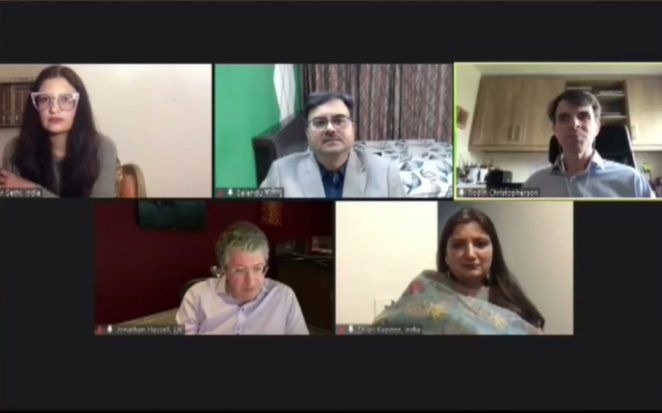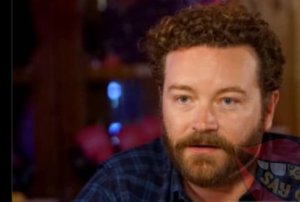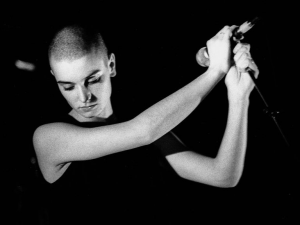The opportunities and challenges regarding ‘digital accessibility’ was discussed at the National Ability Summit on Thursday. The NAS was a two-day virtual event aimed at creating awareness around disability and the issues faced by the disabled community.
“Digital technology for people with disabilities don’t just benefit them, it benefits all of us,” Leher Sethi, the founder of Something Creative and panel’s moderator, was quick to point out.
Robin Christopherson, who is the head of digital inclusion at AbilityNet (UK) described his own experience of how as a visibly-impaired person, technology has made his life easier.
“Since the advent of the personal computer in the 1980s, technology has played a huge role in overcoming people’s disabilities,” Christopherson said.
He described how he had a backpack full of products in college to assist him, now those tasks are performed by his iPhone.
Balendu Sharma, the director of Localisation and Accessibility at Microsoft (India) informed that Microsoft provides a feature that allows users to control their computers with their eyes.
“Such revolutionary things are happening,” he said.
“Thankfully, people have begun to realise that unless they’re creating inclusive products that are fit for this age of extreme computing, then they’re going to be left behind,” Christopherson said.
Shilpi Kapoor, the founder of BarrierBreak, pointed out that despite the technology, people with disabilities still find it difficult to find jobs.
She is also the founder of NewzHook, a news website focussed on the disabled community, said she is facing issues in finding a business model for the website.
“News doesn’t have too much revenue and interestingly most of the ad platforms are inaccessible to people with disabilities,” she said.
Everyone agreed that the COVID-19 pandemic has led to massive growth in digital technology.
“We are not going back to the old way of doing things. The new normal will be the option,” Christopherson said.
“A lot of people with disabilities have been wanting to work from home and often times were not able to, now a lot of people are working from home. That’s a huge change,” Jonathan Hassel, founder and CEO of Hassel Inclusion (UK) said.
The first-ever edition of the NAS took place virtually on Wednesday and Thursday. It was spearheaded by Varija Life, a Not for Profit Organisation under fashion and lifestyle brand Varija Bajaj.







